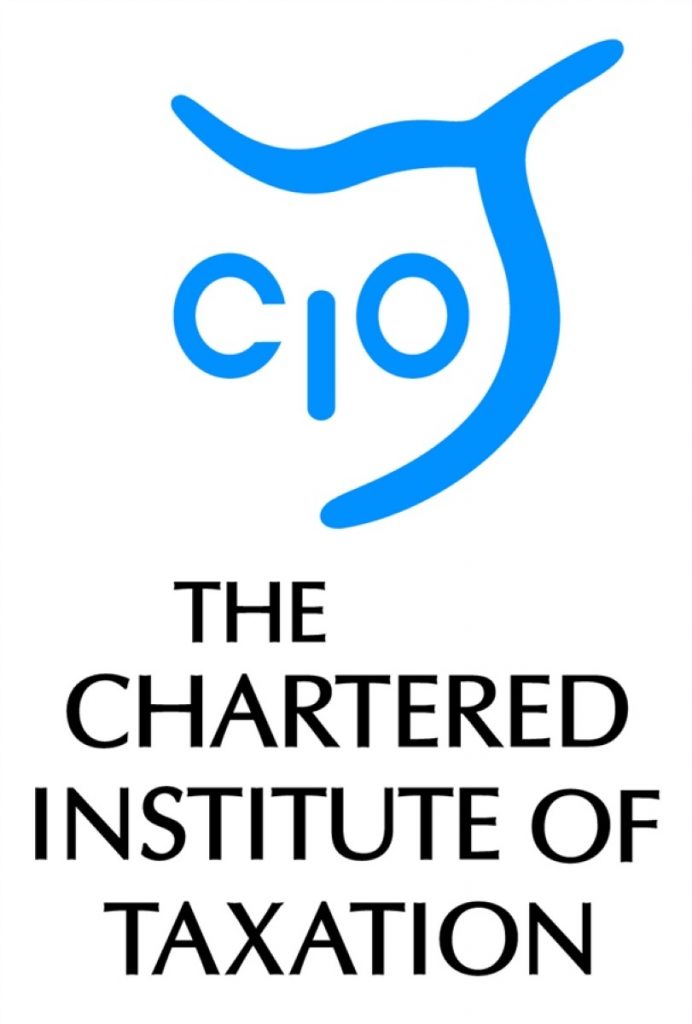Government urged to grasp the nettle on Income Tax / NICs alignment
A plan for radical reform of national insurance (NI) has been welcomed by the Chartered Institute of Taxation. The Institute sees the potential for significant simplification of the tax system and encourages the Government to seize the opportunity to make this plan a reality.
The Office of Tax Simplification (OTS) set out the plans in their report, ‘The closer alignment of income tax and national insurance’, published today.
Commenting, Colin Ben-Nathan, Chair of the CIOT’s Employment Taxes Sub-Committee, said:
“It’s time for the Government to grasp the nettle of aligning income tax and national insurance.
“The two taxes perform much the same purpose. Having two different systems for calculating and administering them creates unnecessary inefficiencies and administrative burdens. Some will make the case for full merger, but even short of this many of these burdens can be reduced by integrating and aligning the two taxes. The OTS’s report today sets out a much needed roadmap for how this could be done.
“Simplification and alignment would reduce the cost on businesses, employers, individuals and HMRC. This would also free up resources for HMRC to be redeployed to tackle other areas and also meet government spending reduction targets. It would also enable swathes of the NI legislation to be repealed from the statute book – the latest edition of Tolley’s NI Contributions runs to over 1,000 pages!”
On the specific proposals made by the OTS, Colin Ben-Nathan said:
“The OTS have recommended putting employees’ national insurance on an annual basis and aggregated across employments as happens with income tax. If the Government is serious about alignment then this has to happen. It would obviously create winners and losers and where the low paid would be among the losers the Government should consider enacting compensatory measures at the same time as making this change. Raising the threshold at which people start paying NI would be one possibility.
“The OTS are sensible to recommend that NI for employed and self-employed people should be aligned as closely as possible. The more that employment and self-employment can be treated similarly, the better. And aligning definitions of earnings and reliefs available for income tax and NICs – including bringing taxable benefits-in-kind fully into NICs – is also a sensible suggestion that would reduce the burden on employers. Overall the additional employee NI that this would raise could be used to finance compensation for the lower paid.
“On employers’ NI the OTS include the radical suggestion of discarding the secondary threshold and instead basing the charge on total annual payroll costs with an “employer’s allowance” of £675,000 and a flat rate of 13.5%. This would exclude the vast majority of employers from the tax and leave only the 10,000 largest employers paying it with 1.54 million smaller employers having no liability. This would be a huge and welcome simplification for the vast majority of employers.”
However the CIOT has warned that the Government’s new Apprenticeship Levy adds additional complexity to this area. Colin Ben-Nathan said:
“While the OTS has been working on plans for aligning tax and NI the Government has been implementing a brand new payroll tax in the form of the Apprenticeship Levy, which introduces new disalignments to the system. This is an example of the Government introducing new complexity faster than OTS can help dismantle the old. Any plan for turning employers’ NI into a payroll tax needs to consider how the Apprenticeship Levy will fit in.”
Notes for editors
1. The OTS report, ‘The closer alignment of income tax and national insurance’, can be read here.
2. The Chartered Institute of Taxation (CIOT)
The CIOT is the leading professional body in the United Kingdom concerned solely with taxation. The CIOT is an educational charity, promoting education and study of the administration and practice of taxation. One of our key aims is to work for a better, more efficient, tax system for all affected by it – taxpayers, their advisers and the authorities. The CIOT’s work covers all aspects of taxation, including direct and indirect taxes and duties. Through our Low Incomes Tax Reform Group (LITRG), the CIOT has a particular focus on improving the tax system, including tax credits and benefits, for the unrepresented taxpayer.
The CIOT draws on our members’ experience in private practice, commerce and industry, government and academia to improve tax administration and propose and explain how tax policy objectives can most effectively be achieved. We also link to, and draw on, similar leading professional tax bodies in other countries. The CIOT’s comments and recommendations on tax issues are made in line with our charitable objectives: we are politically neutral in our work.
The CIOT’s 17,500 members have the practising title of ‘Chartered Tax Adviser’ and the designatory letters ‘CTA’, to represent the leading tax qualification.





-01.png)